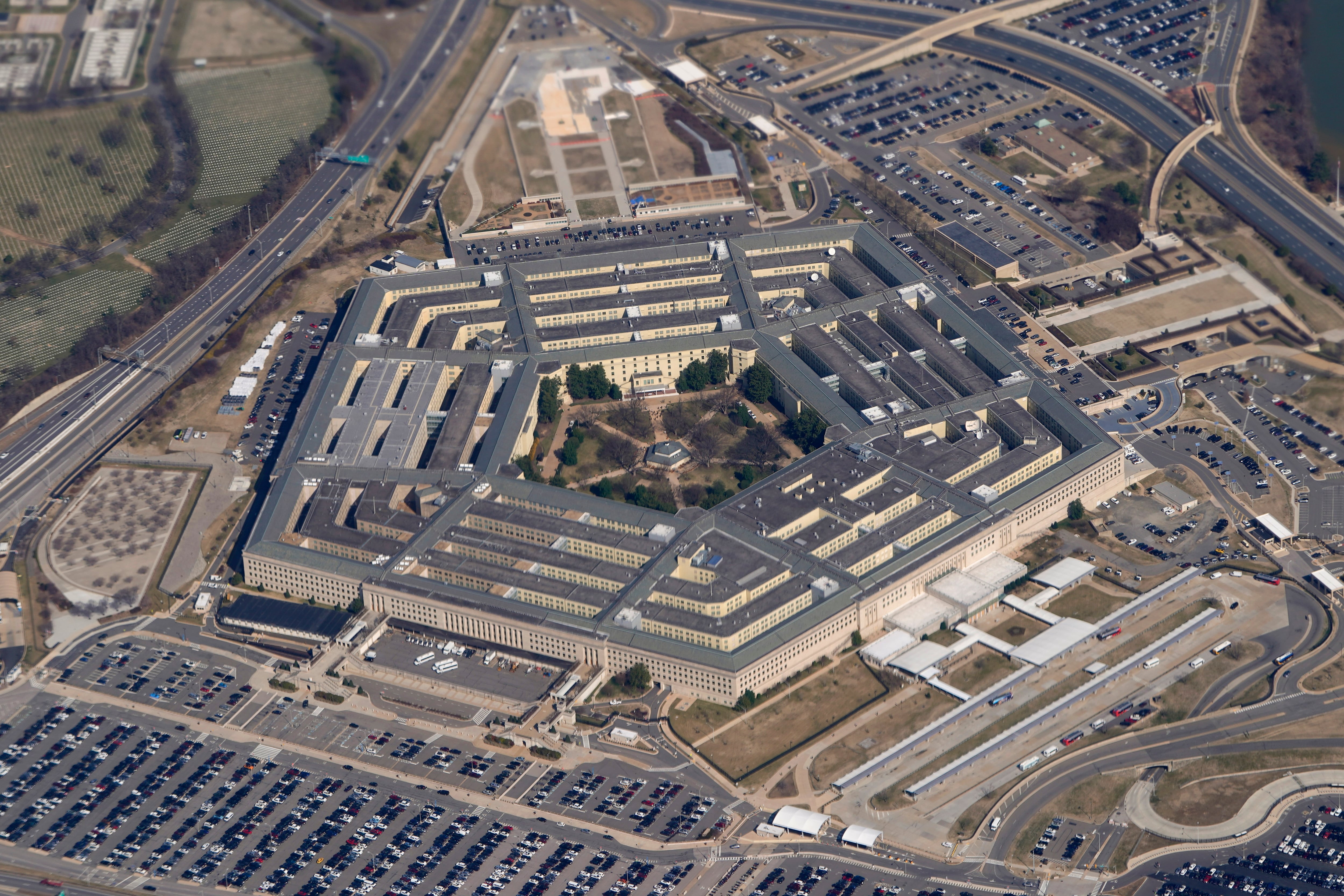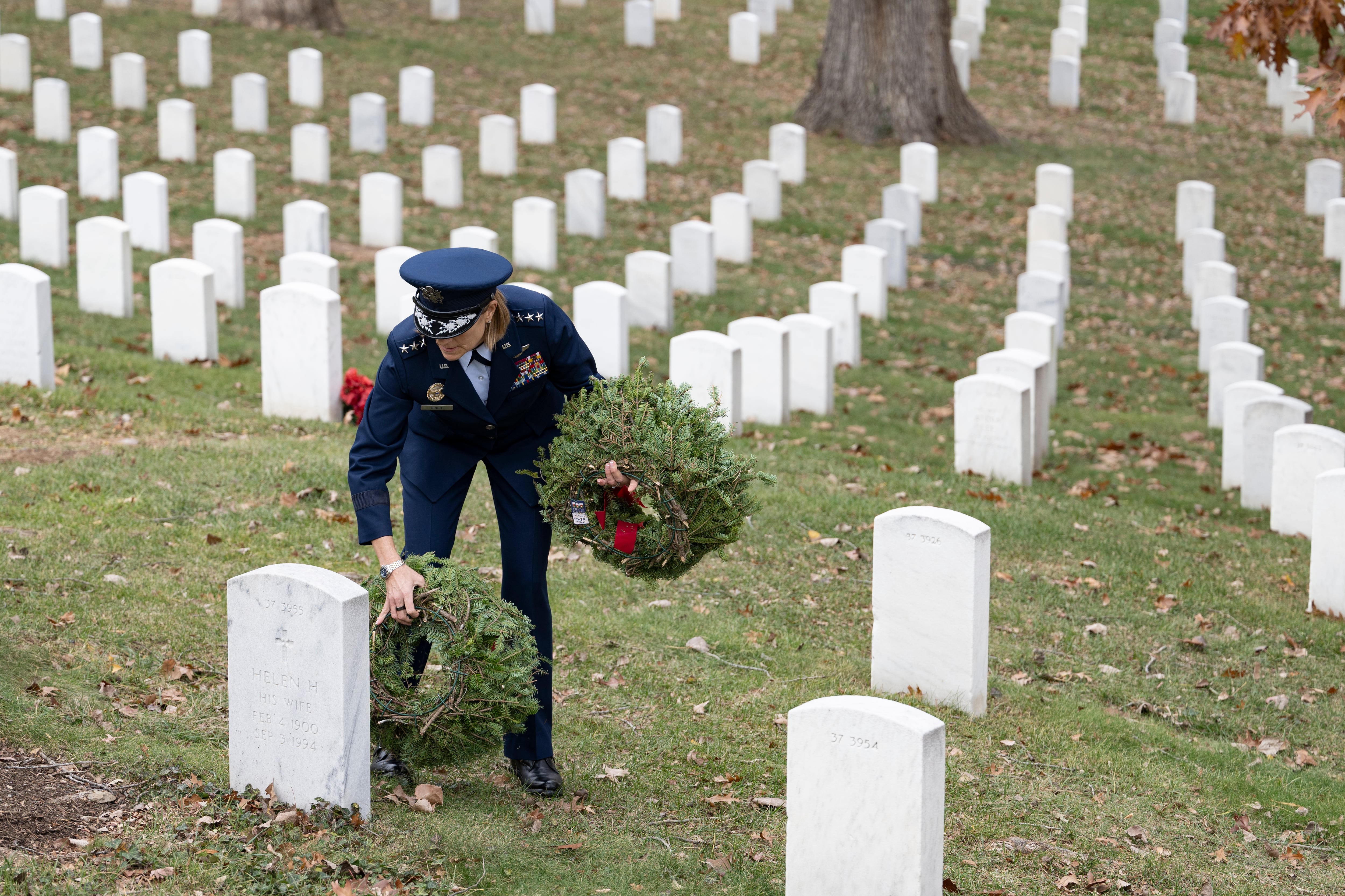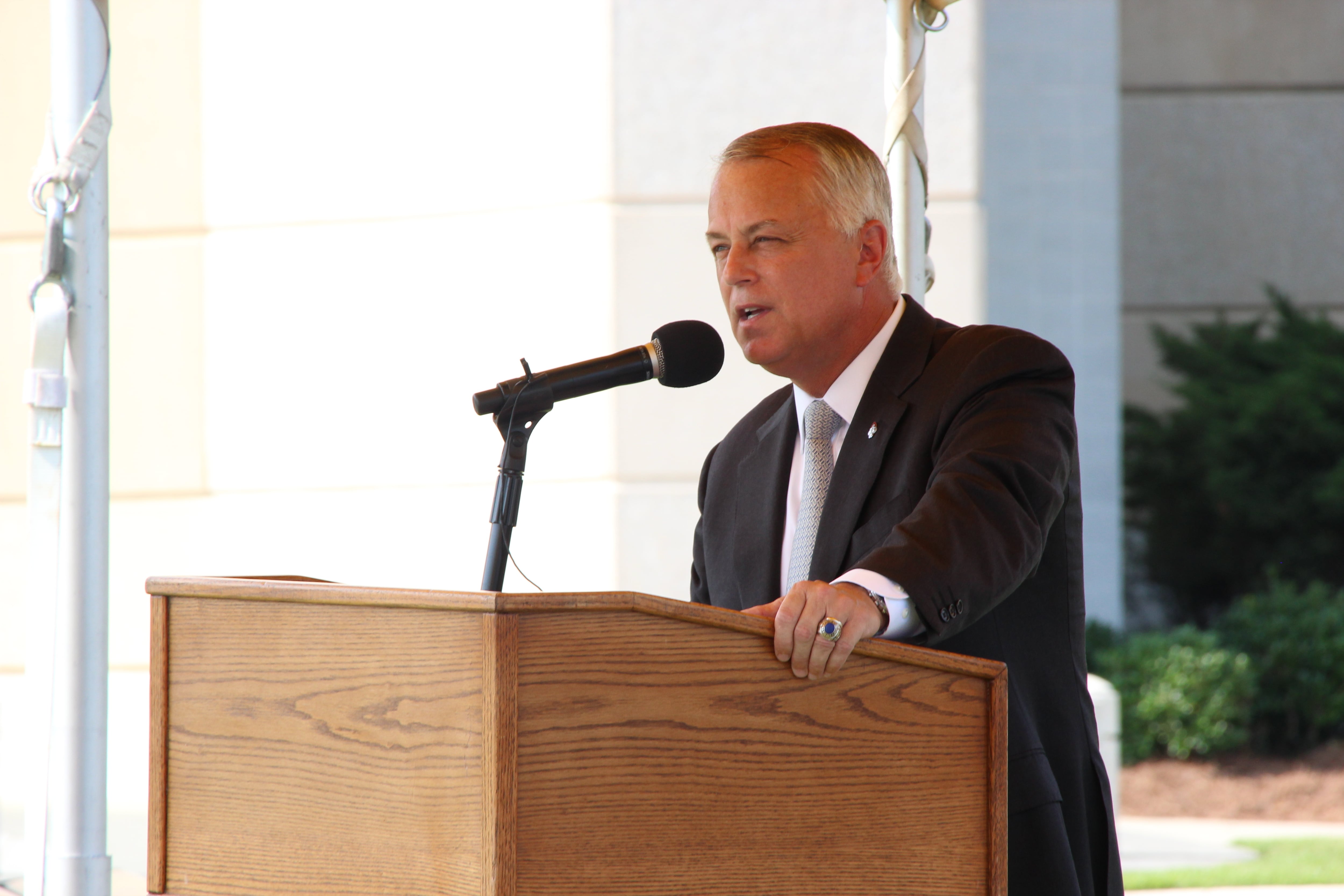For the hundreds of U.S. troops based at Al Asad Air Base in Iraq, mortar fire from Islamic extremists has become a regular occurrence.
And so has the sound of airstrikes hitting enemy fighters near the remote desert base.
As the U.S. mission to train, advise and assist the Iraqi security forces expands, troops are facing new threats from the militants known as the Islamic State group.
But for now, military officials say, the attacks have been ineffective and are not affecting the new training effort that has gotten underway in recent weeks.
"These guys pull up, they fire a mortar or rocket, and then they pull away. They're not waiting to see their results. And they're not aiming at anything in particular," Rear Adm. John Kirby, a Pentagon spokesman, said Tuesday.
"It is also a huge base, roughly the size of Boulder, Colorado: 25 square miles. ... So simply firing a rocket or a mortar onto Al Asad property doesn't constitute a major, significant threat to our forces or the Iraqi forces that are there," Kirby said.
"That said, I'm not diminishing the potential risk that exists from this. Obviously, that's something we're always mindful of."
About 320 troops, mostly Marines, are now at Al Asad Air Base in Anbar Province, where they began a training program for the Iraqi Army's 7th Division on Dec. 20.
Since then, indirect fire has become a common, if not necessarily daily occurrence, military officials say. In response, U.S. and coalition aircraft have conducted at least 13 airstrikes near the base, targeting IS tactical units, buildings, vehicles, mortar positions and rocket systems, according to reports from Combined Joint Task Force Operation Inherent Resolve.
The training mission at Al Asad is one of four sites where U.S. troops will be advising and assisting Iraqi forces.
Another is Camp Taji, 20 miles north of Baghdad, where about 170 U.S. soldiers from the 1st Infantry Division began a six-week training program for four Iraqi battalions Dec. 27.
While there have been reports of indirect fire at Taji in the past, there have been none recently, said Army Sgt. 1st Class Timothy Meyer, a public affairs official with the Combined Joint Task Force Inherent Resolve.
Since that training program began, two airstrikes in the surrounding area have targeted Islamic State group vehicles, a tactical unit and a mortar system, according to CJTFOIR reports.
Training has not begun at the two other designated sites, in Besmaya on the outskirts of Baghdad and in Irbil in the northern Kurdish region.
Together, those missions will train 12 Iraqi brigades, including nine Iraqi Army brigades and three from the Kurdish Peshmerga, Kirby said.
President Obama on Nov. 7 authorized up to about 3,100 troops for the Iraq mission. About 2,100 U.S. troops are there. Hundreds of additional U.S. service members likely will deploy to Iraq in the next few weeks, Kirby said.
"You will start to see the bulk of the additional trainers to support the Iraqi train and equip mission to enter the theater over the next four to six weeks," he said.
While the militants continue to control large parts of Iraq, including the second-largest city, Mosul, and much of Anbar province, military officials say the group has mounted no new offensives during the past several weeks.
U.S. officials see the group "largely in a defensive posture inside Iraq," Kirby said. "Whatever momentum they had been enjoying has been halted, has been blunted."
Meanwhile, after more than 1,600 airstrikes since August, military officials acknowledged for the first time that CENTCOM is investigating "credible allegations" of civilian casualties.
"They are actively investigating what they believe to be at least a few incidents of civilian casualties," Kirby said.
"This is something we always take seriously. We are very mindful of trying to mitigate the risk to civilians every time we operate, everywhere we operate. And so, when we do believe that we've had occasion to cause collateral damage or hurt, kill civilians, we take it seriously and we look into it. It matters to us."
Andrew Tilghman is the executive editor for Military Times. He is a former Military Times Pentagon reporter and served as a Middle East correspondent for the Stars and Stripes. Before covering the military, he worked as a reporter for the Houston Chronicle in Texas, the Albany Times Union in New York and The Associated Press in Milwaukee.





